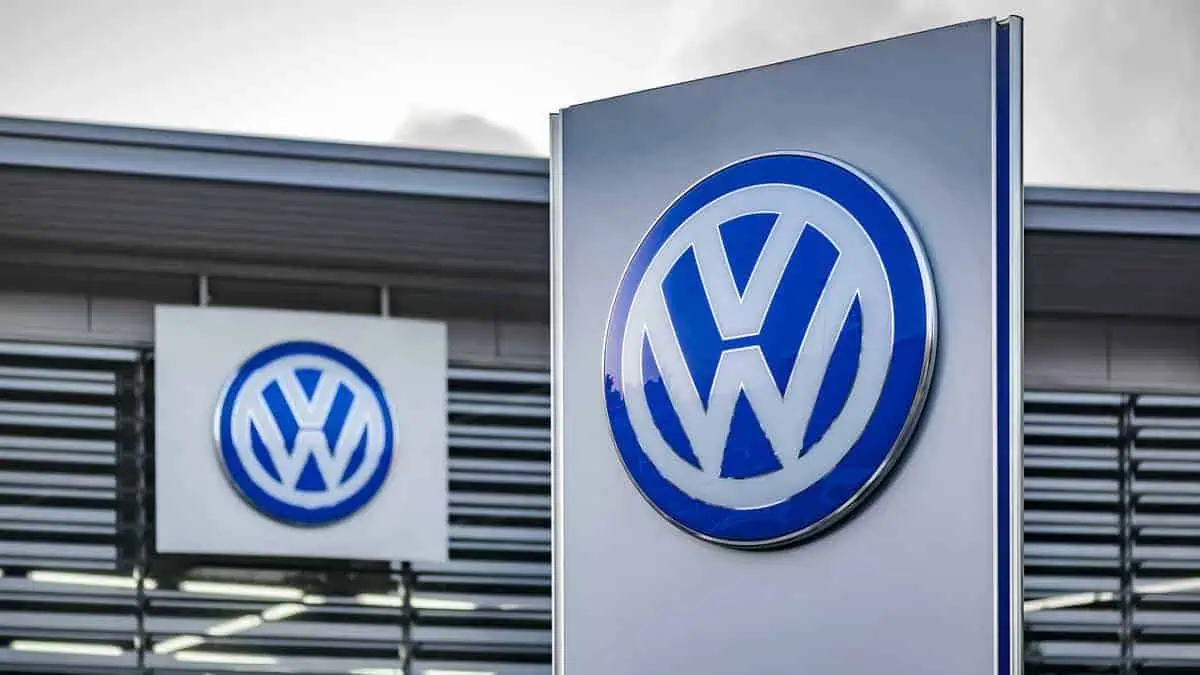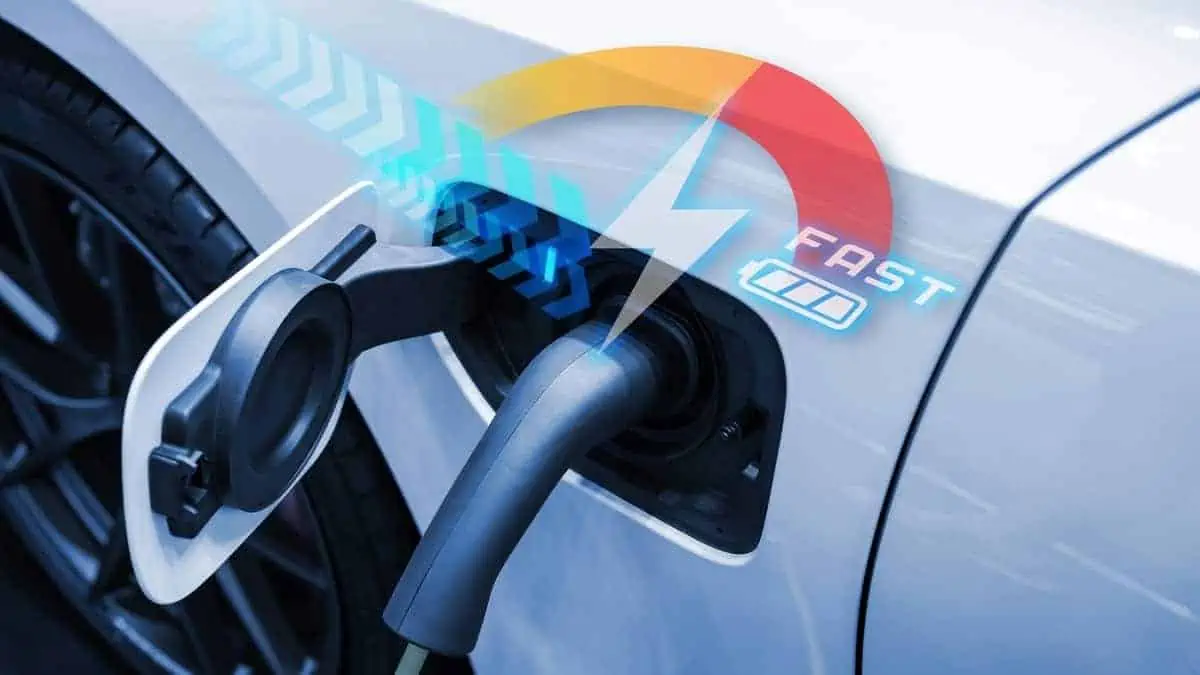Volkswagen will follow BMW, Tesla, and other carmakers in exporting electric vehicles from China to Europe, starting in 2024, noting limited production capacity in its home market, as per Automotive News Europe.
The company confirmed the move late last week, saying that the Cupra brand will begin producing the Tavascan at its joint venture (JV) factory in Anhui, China, operated along with JAC.
In addition, the company noted that the Anhui factory was the plant with the right technology and capacity at the time of production planning.
VW to join other automakers to do the same
In selling Chinese-built EVs in Europe, Volkswagen will join electric models such as Renault’s Dacia Spring, BMW iX3, and Tesla Model 3.
Furthermore, Bloomberg notes that PwC expects automakers will soon sell 800,000 vehicles built in China across Europe.
Cupra Tavascan to hit the market for the 2024 model year
In 2019, the Cupra Tavascan was previewed as a concept, but it will hit the market in the 2024 model year. The electric SUV will be based on the company’s MEB platform and is anticipated to come with a pair of electric motors to deliver 302 hp.
The motors will be fed by a 77 kWh battery pack, and the electric vehicle should reach 62 mph (100 km/h) in 6.5 seconds and can go as much as 450 km (280 miles) with a full charge on the WLTP cycle.
While these figures are identical to the models ID.4 and ID.5 GTX, the Tavascan hopes to stand out with a more dramatic look close to the original concept.
The concept created an immediate impression at the 2019 Frankfurt Motor Show due to the aggressive front fascia dominated by two large air intakes and carbon fiber.
It also comes with a dramatic roof line, an LED lightbar, a carbon fiber bumper, sharp LED headlights, and a tall rear end with LED taillights.
VW’s five-year financial plan
Notably, VW is also working on its five-year financial plan to determine which new models will be produced in which factories and how much money will be invested in those locations by mid-decade.
Those decisions depend on the launch of software platforms for the upcoming electric models that the automaker has repeatedly had to postpone.






